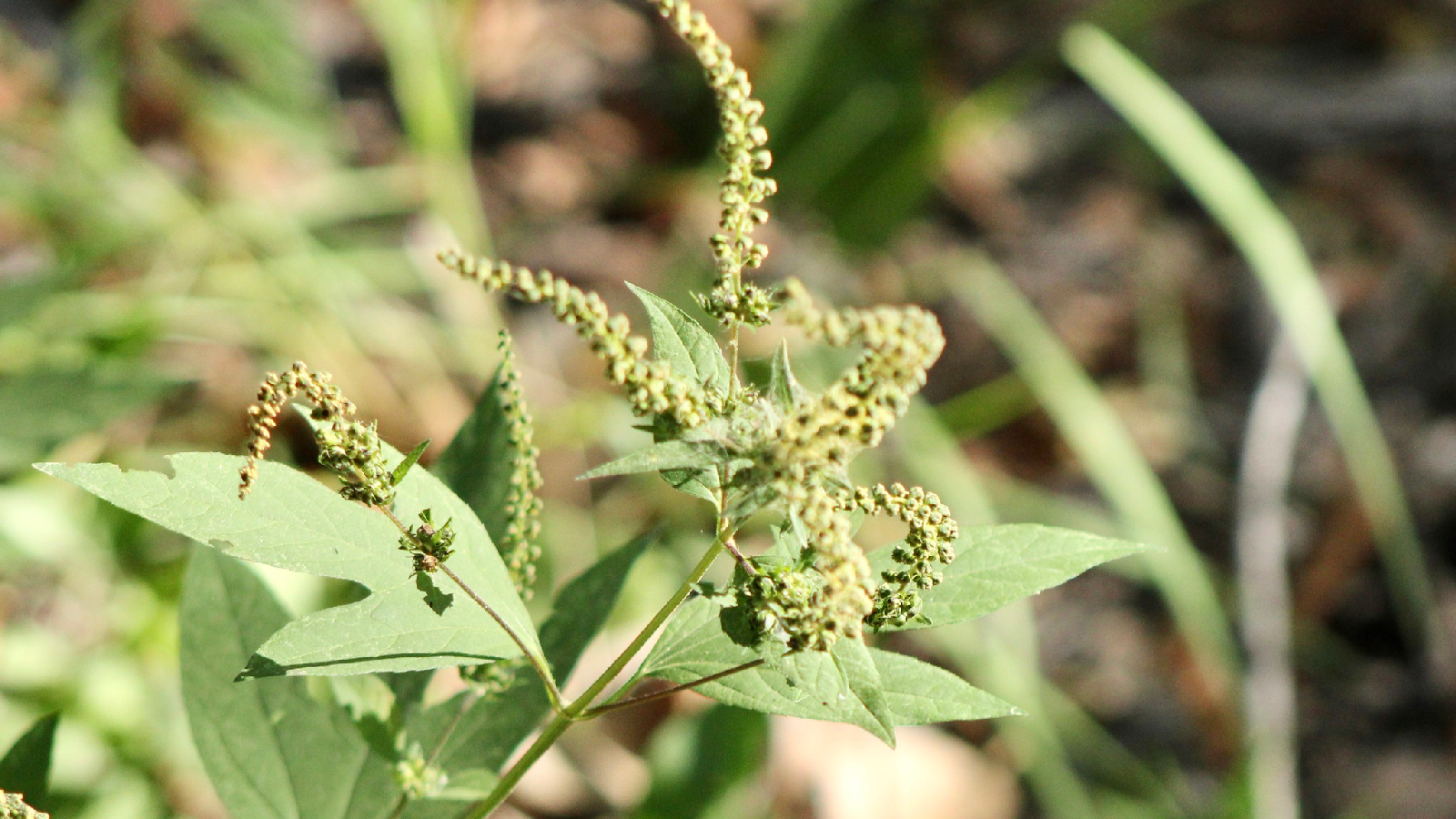In late summer and early fall, when the ragweed plant is in bloom, people with allergies often suffer from congestion, a runny nose, and itchy eyes.
Bridgette Jones is a professor of pediatrics at the University of Missouri Kansas City School of Medicine and an allergist at Children’s Mercy Hospital in Kansas City, Missouri.
Jones: “I usually tell my patients that we start to see ragweed around the back-to-school time, so usually in August, and then the ragweed usually clears from the air when it starts to get really cold after we’ve gotten a couple of hard frosts.”
As the climate warms, ragweed season is lasting longer. Research shows that in Kansas City, it’s gotten more than three weeks longer since 2015.
So Jones says it’s important to keep monitoring pollen counts later in the season and take precautions — like staying inside and having medicine on hand — when levels are high.
Doing so is especially important for kids with asthma because ragweed allergies can make asthma flare up:
Jones: “So it can definitely turn into something more serious than just your typical runny nose and stuffy nose and sneezing.”
So even later in the fall, it’s important to stay aware and prepared.
Reporting Credit: ChavoBart Digital Media
Source link


